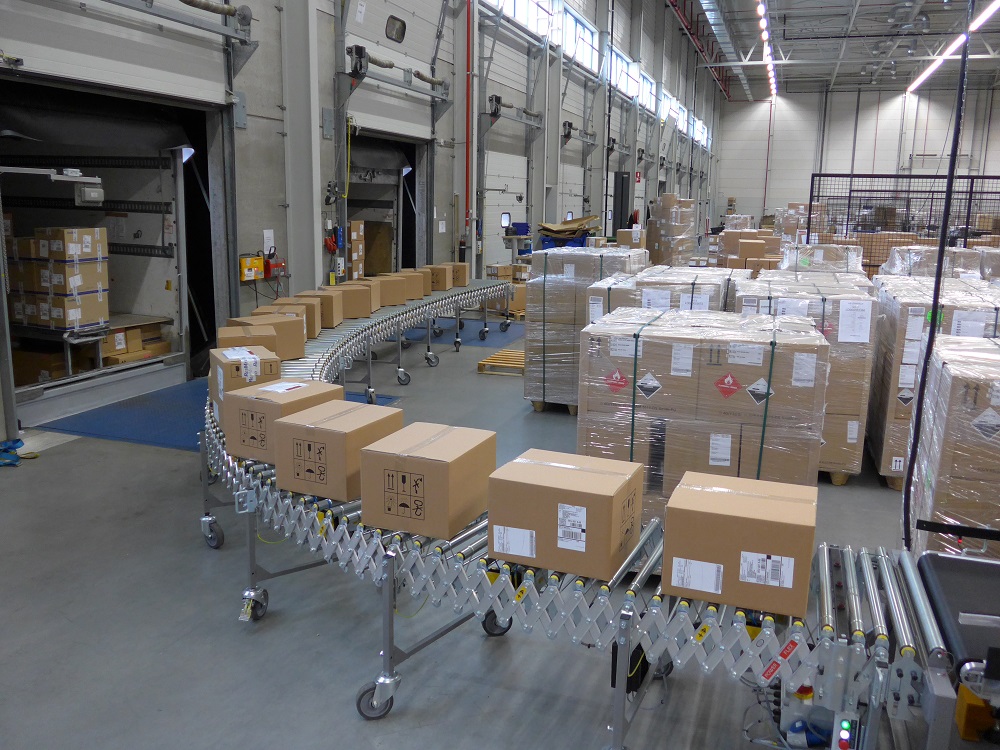Magnus Renman, Head of R&D, DS Smith talks about high standards in product safety across their global sites.
Product safety and good manufacturing practice standards are set high in the paper industry. Regulatory requirements set by the European authorities must be met and our paper customers need assurance that we not only meet these requirements but exemplify them. Establishing a clear commitment to product safety and developing a thriving product safety culture across our global network is key to continued success.
With speedy expansion of the company through acquisitions, doubling in size over five years, the challenge was to ensure standardization of manufacturing aligned to the established company practice. Led by the Research and Development division a Product Safety Network was put in place to drive consistency in paper production, knowledge and communications.
This internal company network monitors and drives high standards in paper manufacturing across our paper mills and ensures third party tests and certificates across the full range of paper grades. Working with thousands of people across Europe and the US, the network provides full and concise knowledge of guidelines and practices, shared in thorough communications, workshops and online training systems.
From small local businesses to large global corporations, all are supported with certification and any queries on paper performance, certificates and safety compliance are answered swiftly and efficiently. Certificates for paper are produced from tests using industry-leading experts and accredited laboratories. As an active member of the European Paper & Board Industry associations, customers are assured we continue to lead in the development and adoption of industry best practices.
The network hub also collates information from the markets, with hundreds of people contributing, placing DS Smith in a strong position to understand the needs from our Pan-EU and Global customers.
Marcello Pezzi, Product Safety Manager, Paper Packaging Europe, who manages this network represents DS Smith at F.F.C.O. & C.E.P.I. in the food contact groups. He is actively involved in Food contact guidelines developed with key industry groups and distributed to all paper producers.
Product safety in paper and packaging is a fundamental part of our process at mills and plants across Europe and in the US and has been highlighted further by the Covid-19 pandemic. DS Smith was swift in response to ensure stringent safety measures were in place to protect the workforce, complying with local and national government regulations.
The mills use the latest in cleaning and screening technologies to turn Paper for Recycling (PfR) into a pulp suitable to produce recycled food grade papers. Near Infrared technology, moisture detection sensors and fibre separation innovations have ensured the paper entering the pulping process is of the purest and highest standards. Furthermore, a statement was distributed to customers on the safety of paper, card and board citing government and industry bodies.
As an integrated business, from recycling and paper making through to packaging design and production, we play a key role by providing products and services that supply essential goods, such as food and pharmaceuticals, into shops and homes. With consumer habits changing, online shopping and delivery of food items will be an integrated part of how we now live. Safety in packaging for food products will continue to be front and centre of an ever-changing world.





